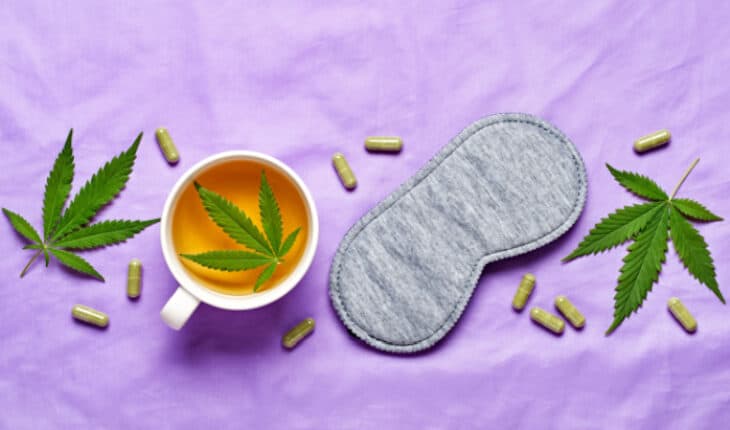A study of illicit cannabis use for medical reasons by the Centre for Medicinal Cannabis in 2019, suggested that an estimated 182,583 individuals in the UK self-medicate with illicit cannabis for insomnia. Despite this, there is a paucity of high-quality data in humans to determine its effectiveness and as such it is an unlicensed medication at present. Individuals with insomnia who have failed to get sufficient relief from licensed therapies can, however, be considered for the prescription of medical cannabis by specialist consultants through clinics, such as Sapphire Medical Clinics, if they meet appropriate criteria.
Sleep Awareness Week 2023 runs from Sunday 12 March to Saturday 18 March.
Insomnia is a common sleep disorder where people don’t manage to sleep or only manage to sleep for under the recommended number of hours, making normal function during the day a challenge. Insomnia is characterised by difficulty getting to sleep, difficulty remaining asleep, or both. If this problem persists for more than 4 weeks, the insomnia is considered to be chronic. Poor sleep is exceedingly common and around a third of us living in Western countries are affected by poor sleep at least once a week. Only 5-10% of adults will meet the criteria for insomnia, however.
People with chronic health conditions, such as chronic pain and mental health problems are also more likely to be affected by insomnia. For these individuals it is really important to take a multi-pronged approach to treatment as not only do their underlying health conditions make their sleep quality worse, but poor sleep quality can make these conditions worse in both the short and long-term. Many mental health conditions can lead to insomnia including attention deficit hyperactivity disorder (ADHD), schizophrenia and bipolar disorder. For some conditions such as bipolar disorder, insomnia is a core symptom with sleep problems occurring daily. Lack of sleep often leads to mental health conditions worsening and prevents recovery. It is therefore essential to seek medical guidance.
Often, however, there is no specific cause for insomnia. This is known as primary insomnia.
The basis of insomnia treatment is developing good sleep hygiene by making people aware of the factors that might be detrimental or beneficial to sleep. Sleeping tablets are not commonly advised but a short course of treatment under the guidance of a medical specialist may help reset a sleeping pattern. Common advice includes establishing fixed times for going to bed and waking, maintaining a comfortable sleeping environment, and avoiding stimulants, heavy exercise, or stimulants late at night. The most common methods to treat insomnia include:
Up to 70% with insomnia have been affected by poor sleep quality for a year or longer. Highlighting the need for better awareness of sleep hygiene and appropriate therapies. A challenge for many is that despite their best efforts to improve sleep hygiene, due to modern day life factors remain which means that sleep remains disrupted. Cognitive behavioural therapy, which is the first line treatment for chronic insomnia for adults is effective but can be difficult to access on the NHS due to resource constraints.
This therefore leads people to be reliant upon medications to help improve sleep quality. These medications are only recommended for short course treatments (ideally less than a week) due to associated risks, such as falls, changes in thinking, and dependence.
- New lipid-based pathway discovered as key to memory formation - 25th June 2025
- Crucial link could explain how Alzheimer’s takes hold - 25th June 2025
- Understanding Your Mind Can Improve Daily Life - 25th June 2025







